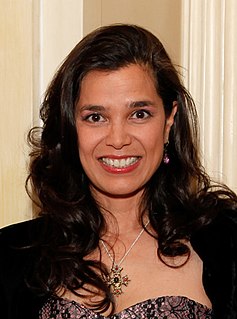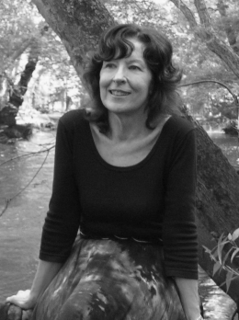A Quote by Matthew Arnold
One has often wondered whether upon the whole earth there is anything so unintelligent, so unapt to perceive how the world is really going, as an ordinary young Englishman of our upper class.
Related Quotes
If you were a successful upper-middle-class Negro girl in the 1950s and '60s, you were, in practice and imagination, a white Protestant upper middle-class girl. Young, good-looking white women were the most desirable creatures in the world. It was hard not to want to imitate them; it was highly toxic, too, as we would learn.
It's not a matter of how much you know or can define, or how many millions of mantras or thousands of prostrations you have done, or how many months of wangs you've attended. The important thing is whether or not the mind is really changing, whether our negative emotions are really coming under control, whether we are really beginning to understand ourselves, whether our mind is really improving, and whether in our hearts there is genuine love and caring for other people.
As conscious adult women, if we really do care about the state of girls and women worldwide, we need to train this next generation of girls because they are going to be the ones taking over and they are going to be the ones that shift this paradigm. Unfortunately for our generation, we've been raised in a society where greed trumps all. In other words, where the bottom line is money...where money affects how we perceive each other, and how we perceive ourselves and our value. We need to break that now with this younger generation.




































